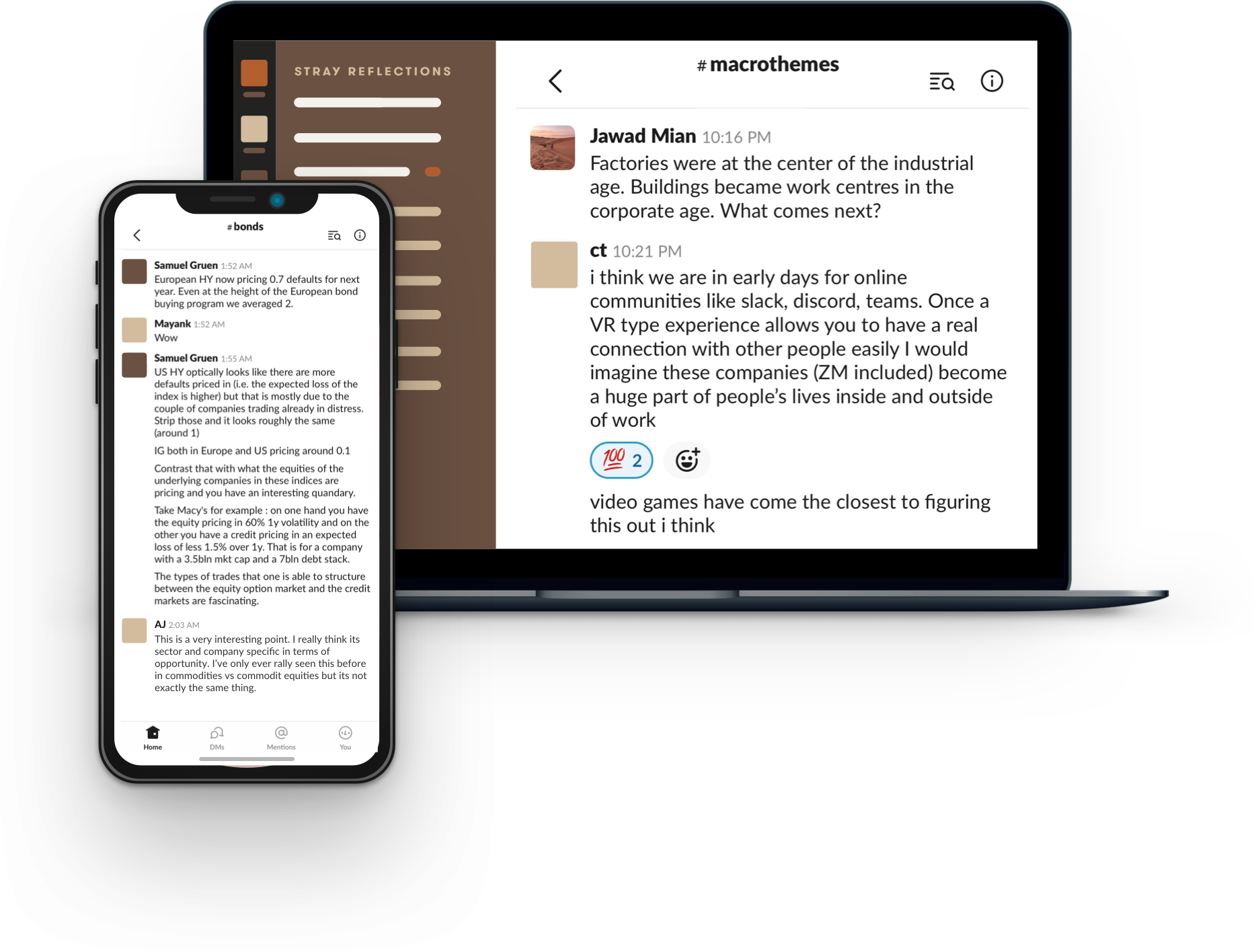“How bad is it?” I ask my brother on Facetime.
He glances at his son. “He’s better now. They put an aircast on his leg. They’ll check again in a week.”
I sense concern in his voice, but he isn’t the type to admit it. He’s stoic like that.
“Did any of us ever get seriously injured?” For some reason I feel nostalgic.
“When Haider was hit by a swing, he needed stitches on his head.”
Haider is my eldest brother. He loved playing superhero. If we yelled “Zombie 5491!” he’d strip down to his undies and come to our rescue. We called on him a lot just because it was funny. I’m laughing about it right now. (The 5491 digits belonged to our mother’s car plate.)
“Oh yes, the white metal swing.”
“It was red,” my brother interjects.
“Oh.”
“And I got stitches when painting our old house.”
“How does someone get injured while painting?” I say in disbelief.
“I was standing on a speaker and slipped.”
“That bad?” I don’t remember any of it.
“You took me to the hospital, dumbass!”
I’m drunk with laughter. I haven’t been called a dumbass for a very long time. It feels good.
Since the Stray Reflections book was published, I’m developing this reputation for being a “wise” person. A reader offered this Amazon review: “Stay Reflections offers sage perspective on everything my heart and head are debating. Reading this book felt like a conversation with my wiser, future self.”
Another reader called the book “a nourishing and satiating feast.” Someone else likened it to “a box of your favorite high-end chocolates or that bottle of rare scotch” to savor and enjoy it slowly rather than gulping it down all at once.
There’s somebody who described my writing as “sublime in every sense of the word,” claiming that I’m continuing the works of some of history’s best thinkers. One reader went as far as to call me a “rare, enlightened soul.”
I can think of many words to describe myself, but neither “enlightened” nor “wise” are among them. Being wise is sometimes confused with being a seeker of wisdom. I’m merely trying to avoid being a disappointment to myself.
When people shower praise on you, are they unwittingly pouring poison into your soul? Pride and self-admiration are forms of spiritual disease. Prophet Muhammad said: “If you did not sin, I would fear for you what is even greater than that: self-admiration, self-admiration!” There isn’t a single person who is entirely free of it.
We begin to admire ourselves and our achievements as we grow older and more accomplished, neglecting to credit them to the Benefactor. C. S. Lewis refers to this as “the complete anti-God state of mind.” Our inflated self-esteem breeds a feeling of delight, and before we know it, a proud disposition has taken root in our hearts.
Be aware that pride can manifest itself in a variety of ways, including our facial expression, the look in our eyes, our comments, our voice, intonation, and even our gait, whether we’re standing or sitting or resting, and in all of our statements and actions. We can’t see it, but others can.
It really would be beneficial to have someone who could put us in our place, turn us upside down and shake all the nonsense out. To make us realize that we aren’t as intelligent, respected, or important as we think.
Breaking free from the ego’s grasp is difficult, though. Rumi knew what it takes:
When someone beats a rug with a stick, he is not beating the rug—his aim is to get rid of the dust. Your inward is full of dust from the veil of “I”-ness, and that dust will not leave all at once. With every cruelty and every blow, it departs little by little from the heart’s face, sometimes in sleep and sometimes in wakefulness.
Being humbled won’t diminish me. Wisdom is bestowed on the humble, not the proud. I’m ready to be insulted.







